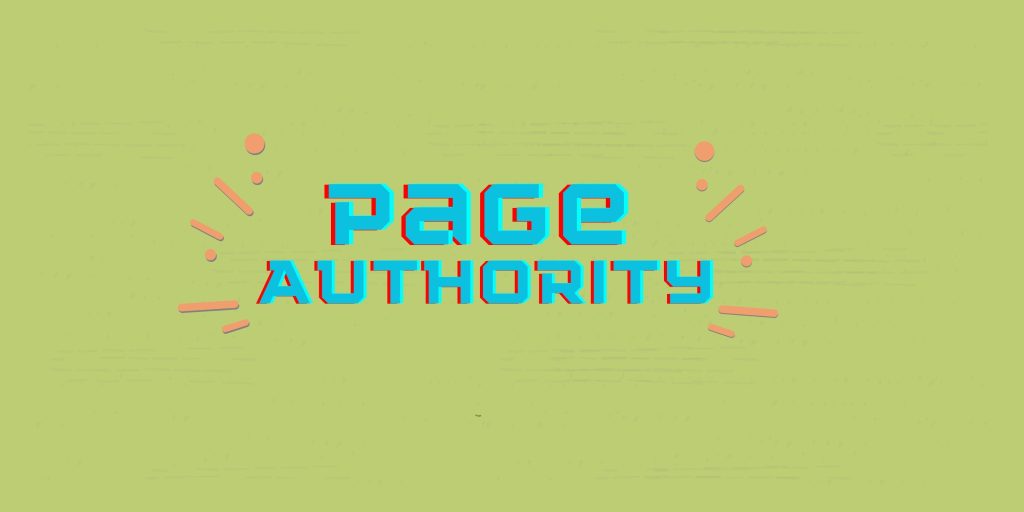In the intricate dance of digital visibility, where websites strive to outshine one another, the notion of Page Authority takes center stage. As businesses and content creators navigate the ever-evolving realm of search engine optimization (SEO), understanding the significance of Page Authority becomes paramount.
But what exactly is Page Authority, and why does it wield such influence in the strategies of successful SEO practitioners? Join me as we unravel the mysteries behind this metric, exploring its definition, its role in search engine rankings, and the pivotal role it plays in the online visibility of websites.
In this journey, we’ll not only demystify Page Authority but also delve into the intricacies of its calculation, the impact of backlinks and content quality, and the technical aspects that underpin its measurement. So, fasten your seatbelts as we embark on a journey to check Page Authority and unlock the pillars of SEO success.
What is Page Authority?
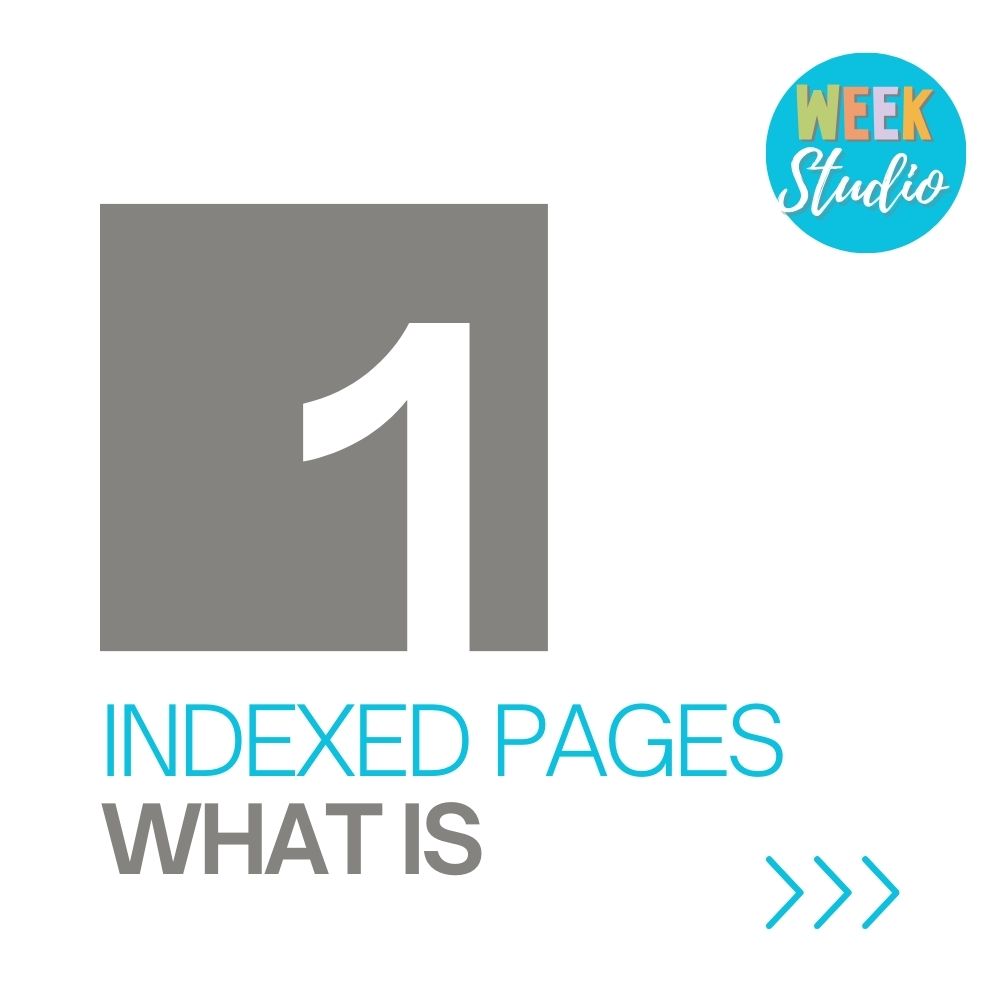
At the heart of every website’s quest for supremacy in search engine rankings lies the concept of Page Authority. Page Authority, often abbreviated as PA, is a metric developed by Moz that quantifies the likelihood of a specific page on a website to rank well in search engine results. In simpler terms, it’s a numerical representation of a page’s authority and credibility in the eyes of search engines.
Definition and Significance
Page Authority is not a standalone metric but rather a part of a broader SEO framework. It’s intimately connected to the concept of Domain Authority, which assesses the overall authority of an entire domain. While Domain Authority gauges the strength of an entire website, Page Authority zooms in on the potential of an individual page to rank.
The significance of Page Authority lies in its correlation with search engine rankings. Pages with higher Page Authority are more likely to appear on the coveted first page of search results, attracting organic traffic and, subsequently, potential customers or readers.
In the upcoming sections, we’ll explore how Page Authority is calculated, unraveling the algorithms that determine its numerical value. Join me as we dig deeper into the core of this metric and understand the intricate dance of factors that influence Page Authority.
How is Page Authority Calculated?

The calculation of Page Authority involves a sophisticated algorithm that considers various factors to assign a numerical value to a specific page. Understanding these intricacies sheds light on how SEO practitioners can strategically enhance and optimize Page Authority.
Insights into the Algorithms
Moz, the pioneer behind Page Authority, employs a complex algorithm to evaluate the potential of a page. While the exact details of the algorithm are proprietary, several key factors play a role:
- Linking Root Domains: The number of unique domains linking to a page influences its authority. Quality is prioritized over quantity, emphasizing the importance of reputable backlinks.
- MozRank and MozTrust: These metrics, developed by Moz, assess the quality and trustworthiness of a page’s backlink profile. A diverse and trustworthy link profile positively impacts Page Authority.
- Content Quality: The relevance, depth, and uniqueness of content contribute to Page Authority. Engaging, valuable content not only attracts readers but also earns recognition from search engines.
- Social Signals: While not a direct factor, the social engagement generated by a page, such as shares and likes, indirectly influences its authority.
- Page Load Time: The speed at which a page loads contributes to the overall user experience, impacting its authority.
Key Factors Influencing Page Authority
Beyond the algorithmic intricacies, several key principles influence the Page Authority of a given page. These include:
- Relevance: Pages that are highly relevant to a specific topic or keyword tend to have higher Page Authority.
- Quality Backlinks: Acquiring high-quality, authoritative backlinks from reputable websites is a cornerstone of Page Authority.
- Content Updates: Regularly updating and refreshing content signals to search engines that a page is current and relevant.
In the following sections, we’ll explore the role of backlinks in Page Authority and the impact of content quality on this crucial metric. Join me as we dissect the elements that contribute to the numerical representation of a page’s authority.
The Role of Backlinks in Page Authority

In the intricate ecosystem of SEO, the role of backlinks in shaping Page Authority cannot be overstated. The quality, quantity, and relevance of backlinks directly impact a page’s authority and its standing in search engine rankings.
Understanding the Backlink Landscape
Backlinks, or inbound links, are external links pointing to a specific page on a website. Think of them as digital endorsements; when other reputable websites link to your page, it’s akin to a vote of confidence in your content’s authority. However, not all backlinks are created equal.
Quality vs. Quantity Debate
- Quality Backlinks: Backlinks from authoritative, trustworthy websites carry more weight in the eyes of search engines. A single link from a reputable source can have a more significant impact than numerous links from less authoritative sites.
- Relevance Matters: Backlinks from websites relevant to your industry or content niche are particularly valuable. They signal to search engines that your content is contextually connected to a specific topic.
Strategies for Building Quality Backlinks
- Guest Blogging: Contribute guest posts to reputable websites in your industry, earning valuable backlinks in return.
- Broken Link Building: Identify broken links on authoritative sites and offer your content as a replacement, securing a new backlink.
- Content Outreach: Reach out to influencers or thought leaders in your industry, encouraging them to link to your valuable content.
- Social Media Sharing: While not direct backlinks, social media shares can amplify your content’s visibility, potentially leading to more backlinks.
In the subsequent sections, we’ll explore the impact of content quality on Page Authority and the technical aspects that contribute to this crucial metric. Join me as we unravel the layers of SEO strategy that elevate a page’s authority in the digital landscape.
Content Quality and Page Authority

In the realm of SEO, content quality is the linchpin that holds together the success of a website, directly influencing Page Authority. Beyond keywords and backlinks, the substance and value of your content play a pivotal role in determining a page’s authority and, consequently, its performance in search engine rankings.
The Impact of Valuable Content
Quality content serves as the bedrock of a page’s authority. When users find your content informative, engaging, and valuable, they are more likely to stay longer on your page, reducing bounce rates and signaling to search engines that your content satisfies user intent.
Strategies for Content Optimization:
- Comprehensive Coverage: Thoroughly explore topics related to your niche, providing in-depth insights that go beyond surface-level information.
- Engaging Multimedia: Incorporate visuals, videos, and interactive elements to enhance the user experience and encourage longer page visits.
- User-Friendly Formatting: Break content into digestible sections, use headings, bullet points, and ensure readability for a positive user experience.
- Originality is Key: Strive for unique perspectives and original ideas. Search engines favor content that brings something new to the table.
Technical Aspects of Page Authority
While content quality is paramount, the technical aspects of your website also significantly impact Page Authority.
Importance of Website Structure:
- Internal Linking: Create a logical structure of internal links within your website. This not only aids user navigation but also distributes Page Authority across your pages.
- Mobile-Friendly Design: With the increasing prevalence of mobile users, ensuring your website is mobile-friendly is crucial for both user experience and SEO rankings.
As we move forward, we’ll explore the distinction between Page Authority and Domain Authority and discuss practical methods for measuring Page Authority using popular SEO tools. Join me as we dive deeper into the multifaceted aspects of optimizing for Page Authority and elevating your website’s digital presence.
Page Authority vs. Domain Authority
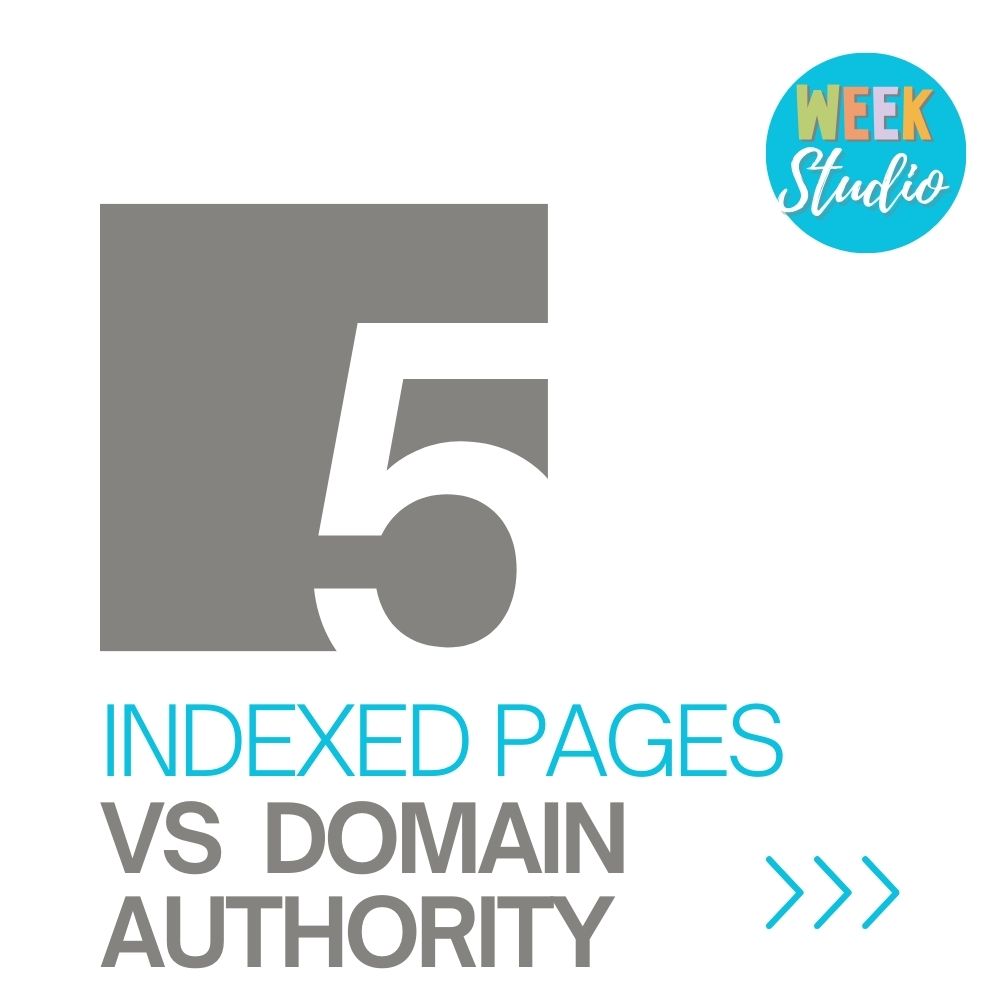
In the intricate web of SEO metrics, distinguishing between Page Authority (PA) and Domain Authority (DA) is crucial. While both metrics assess a website’s standing in search engine rankings, they operate on different scales and offer unique insights into the digital authority of a website.
Clarifying the Distinctions
- Page Authority (PA):
- Focuses on individual pages within a website.
- Influenced by the page’s content, backlink profile, and overall user engagement.
- Domain Authority (DA):
- Evaluates the overall authority of an entire domain or website.
- Provides a holistic view of a website’s credibility and potential to rank across all its pages.
- Takes into account factors like the domain’s age, size, and overall backlink profile.
Strategies for Improving Both Metrics
- Quality Backlinks: Acquire high-quality backlinks for both individual pages (PA) and the entire domain (DA).
- Content Relevance: Ensure that your content is relevant not only to individual topics but also to the overarching theme of your website.
- Consistent Branding: Maintain a consistent brand presence across all pages, reinforcing the overall credibility of your domain.
- Technical SEO: Implement technical SEO best practices, including optimizing site speed, using secure connections (HTTPS), and creating a clear site structure.
In the upcoming sections, we’ll explore how to measure Page Authority using popular SEO tools, strategies for boosting Page Authority, and common mistakes to avoid in the optimization process. Join me as we navigate the practical aspects of enhancing your website’s digital authority.
Measuring Page Authority with SEO Tools
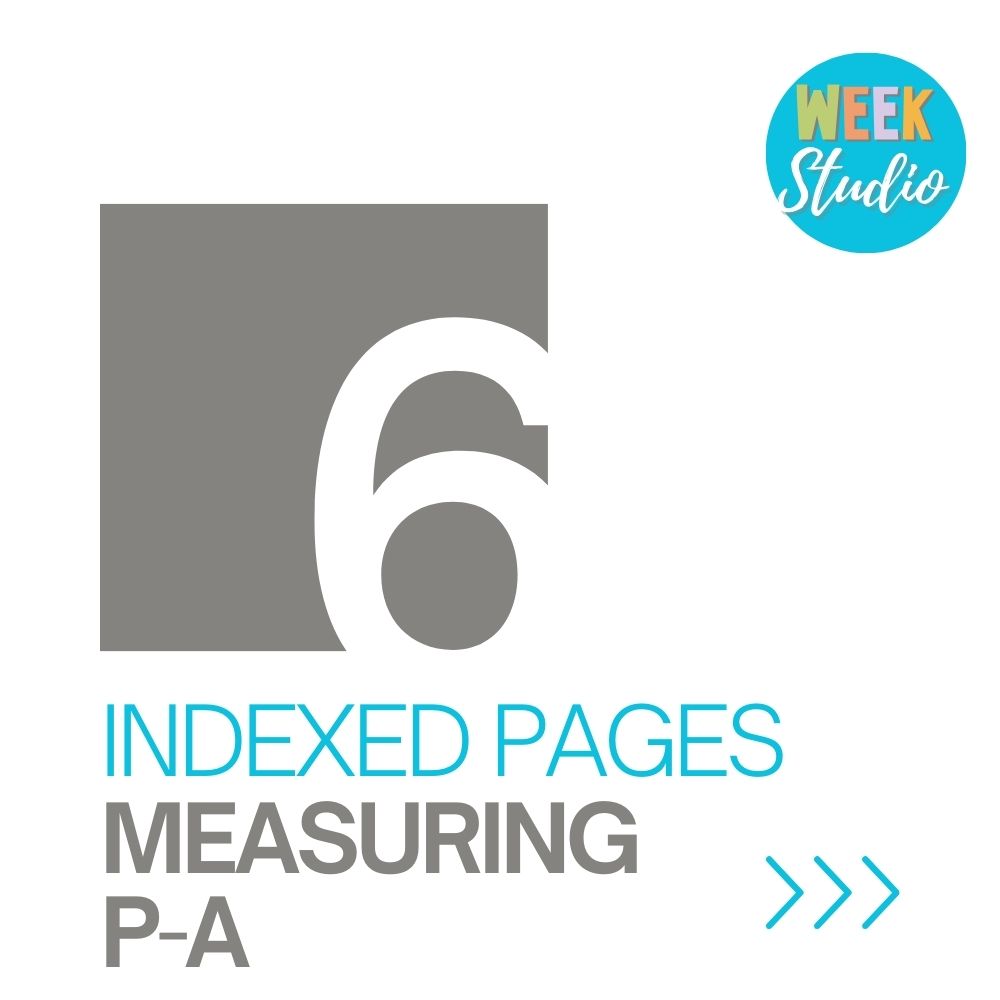
The digital landscape offers a plethora of tools designed to provide insights into various aspects of website performance, including Page Authority. Leveraging these tools empowers SEO practitioners to gauge their progress, identify areas for improvement, and stay informed about the ever-changing dynamics of search engine rankings.
Overview of Popular SEO Tools
- Moz:
- Moz is the pioneer behind the Page Authority metric. The MozBar, a browser extension, allows users to view Page Authority and Domain Authority scores for any webpage.
- Ahrefs:
- Ahrefs provides a comprehensive Site Explorer tool, offering metrics like Domain Rating (DR) and URL Rating (UR) that correlate with Moz’s Page Authority.
- SEMrush:
- SEMrush offers a holistic view of a website’s performance, including a page-level metric known as Page Score. This metric assesses the authority and visibility of a specific page.
How to Interpret Page Authority Scores
Understanding Page Authority scores involves considering them in the context of your overall SEO strategy. A higher Page Authority score indicates a stronger likelihood of ranking well in search results. However, it’s essential to compare your Page Authority with competitors and industry benchmarks for a more nuanced perspective.
In the next sections, we’ll delve into strategies for boosting Page Authority, common mistakes to avoid, and the evolving landscape of this crucial metric. Join me as we unravel practical tips and insights to enhance your website’s digital authority.
Strategies for Boosting Page Authority

While Page Authority is influenced by a combination of factors, implementing strategic techniques can significantly enhance a page’s authority and its overall performance in search engine rankings.
White-Hat vs. Black-Hat Techniques
- White-Hat Techniques:
- Prioritize user experience with a user-friendly website structure, engaging multimedia, and relevant, well-organized content.
- Black-Hat Techniques:
- Involve manipulative tactics such as buying low-quality backlinks or engaging in link schemes.
- Risk severe penalties from search engines, leading to a decline in Page Authority and overall website visibility.
Building a Sustainable Approach
- Content is King:
- Regularly update and expand your content to ensure relevance and value for users.
- Create comprehensive, in-depth content that positions your page as an authoritative resource in your niche.
- Earn Quality Backlinks:
- Leverage guest blogging, content outreach, and broken link building strategies to naturally earn backlinks.
- Technical SEO Best Practices:
- Optimize site speed to enhance user experience and positively impact Page Authority.
- Ensure your website is mobile-friendly, catering to the increasing number of mobile users.
- Social Media Engagement:
- While not a direct ranking factor, active engagement on social media can amplify your content’s reach, potentially leading to more backlinks.
In the upcoming sections, we’ll explore common mistakes to avoid in the optimization process and delve into the evolving landscape of Page Authority. Join me as we uncover the keys to sustainable and effective Page Authority optimization.
Common Mistakes in Page Authority Optimization
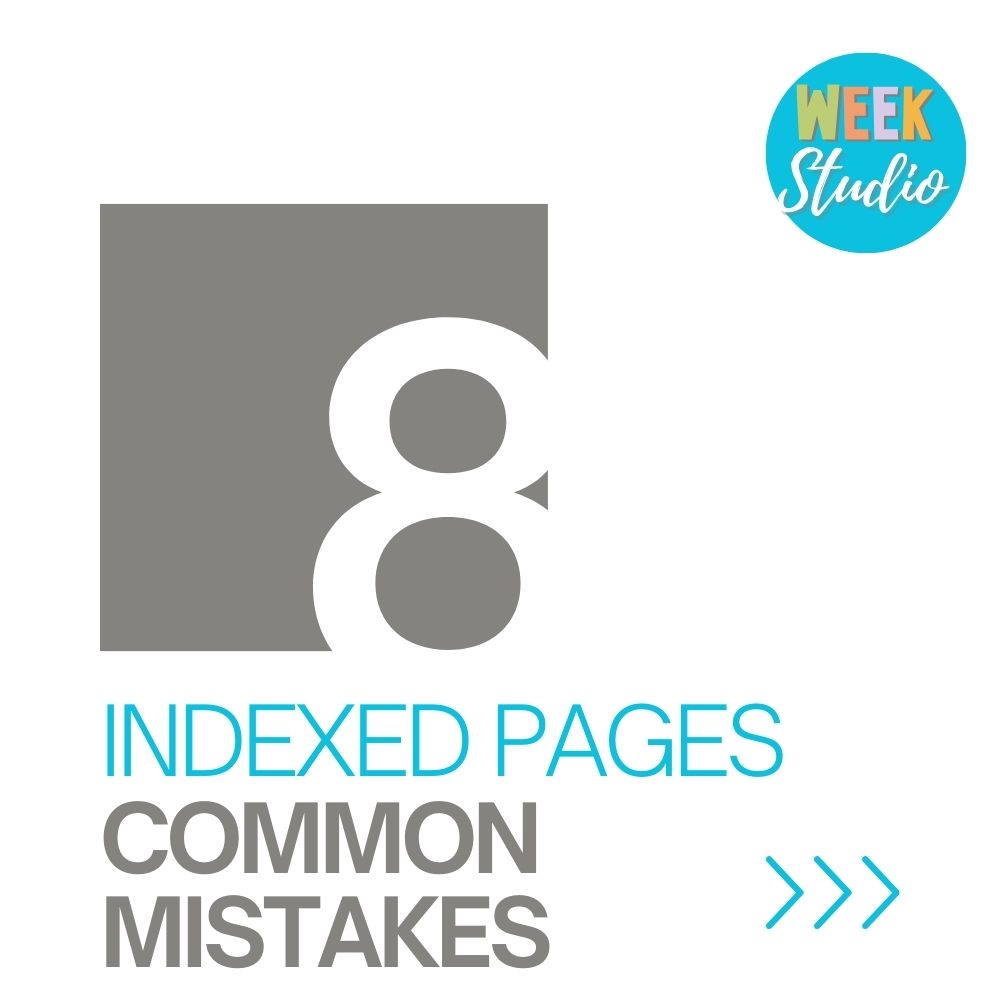
As SEO practitioners navigate the complex landscape of Page Authority optimization, avoiding common pitfalls is crucial for maintaining a robust and effective strategy. Recognizing and steering clear of these mistakes ensures a more successful journey towards enhancing your page’s authority.
Pitfalls to Avoid
- Ignoring User Intent:
- Focusing solely on keywords and backlinks without understanding and aligning with user intent can lead to misguided optimization.
- Overlooking Content Quality:
- Prioritizing quantity over quality in content creation diminishes user satisfaction and hampers the potential for organic backlinks.
- Neglecting Technical SEO:>
- Ignoring technical aspects like site speed and mobile-friendliness can negatively impact user experience, leading to higher bounce rates.
- Neglecting Regular Updates:
- Stagnant content signals to search engines that a page may not be the most relevant resource. Regular updates are crucial for maintaining authority.
- Pursuing Black-Hat Strategies:
- Engaging in manipulative tactics, such as buying backlinks or keyword stuffing, might yield short-term gains but jeopardizes long-term Page Authority.
Misconceptions about Page Authority
- Page Authority Guarantees Rankings:
- While a higher Page Authority increases the likelihood of ranking well, it doesn’t guarantee top positions. Other factors like content relevance and user experience also play significant roles.
- It’s Only About Backlinks:
- While backlinks are vital, neglecting content quality, user experience, and technical SEO can hinder overall Page Authority improvement.
In the subsequent sections, we’ll explore the evolving landscape of Page Authority, staying updated with algorithm changes, and future trends in this crucial metric. Join me as we navigate the dynamic realm of Page Authority optimization with a forward-looking perspective.
The Evolving Landscape of Page Authority

In the ever-evolving world of SEO, staying attuned to the dynamic changes in search engine algorithms is paramount. Page Authority, as a metric, is not static; it adapts to the shifting demands and criteria set by search engines. Understanding this evolution is key to maintaining a successful optimization strategy.
Staying Updated with Algorithm Changes
- Search Engine Updates:
- Regularly monitor announcements and updates from major search engines like Google. Algorithm changes can significantly impact how Page Authority is calculated.
- Industry News and Blogs:
- Stay informed by following reputable SEO news sources and blogs. Insights from industry experts can provide valuable perspectives on changes and trends.
Future Trends in Page Authority
- User Experience Emphasis:
- As search engines increasingly prioritize user experience, factors like page load speed, mobile-friendliness, and overall usability will likely gain more importance in Page Authority calculations.
- Contextual Relevance:
- The future may see a deeper emphasis on contextual relevance. Pages that comprehensively and contextually address user queries might see an enhanced impact on Page Authority.
- User Engagement Metrics:
- Metrics indicating user engagement, such as time on page and interaction rates, could become more integral in assessing Page Authority.
As we wrap up our exploration of Page Authority, it’s crucial to emphasize the ever-changing nature of SEO metrics. Adaptability and a forward-thinking approach will be key in navigating the future landscape of Page Authority and maintaining a competitive edge.
Conclusion

In the intricate dance of SEO, Page Authority stands as a dynamic force, influencing a website’s visibility and success in search engine rankings. From the nuances of algorithms to the evolving trends shaping the future, our journey through Page Authority optimization has been enlightening.
As you embark on your own SEO endeavors, remember that Page Authority is not a static destination but a continual journey. Balance white-hat techniques with a focus on user experience and quality content. Stay updated, adapt to changes, and let the evolving landscape of Page Authority be a canvas for your strategic innovation.
Thank you for joining me on this exploration. May your pages be authoritative, your content valuable, and your digital presence ever-optimized.
FAQs
- How often should I update my content to maintain Page Authority?
Regular updates are beneficial; however, the frequency depends on your industry and the pace of change. Monitor trends and update content when there are significant shifts or when your content can be improved.
- Is Page Authority the only factor determining search rankings?
No, search rankings are influenced by multiple factors, including content relevance, user experience, and overall website authority. Page Authority is one of the many metrics considered by search engines.
- Can I solely rely on backlinks to boost Page Authority?
While backlinks are crucial, neglecting other factors like content quality, user experience, and technical SEO can hinder overall Page Authority improvement.
- How can I adapt to future changes in Page Authority algorithms?
Stay informed about industry news, follow algorithm updates from search engines, and prioritize user experience. Adaptability is key in navigating the evolving landscape of Page Authority.
- Are there specific tools to monitor Page Authority over time?
Yes, tools like Moz, Ahrefs, and SEMrush provide features to track Page Authority scores over time. Regularly monitoring these scores can help you assess the effectiveness of your optimization efforts.
